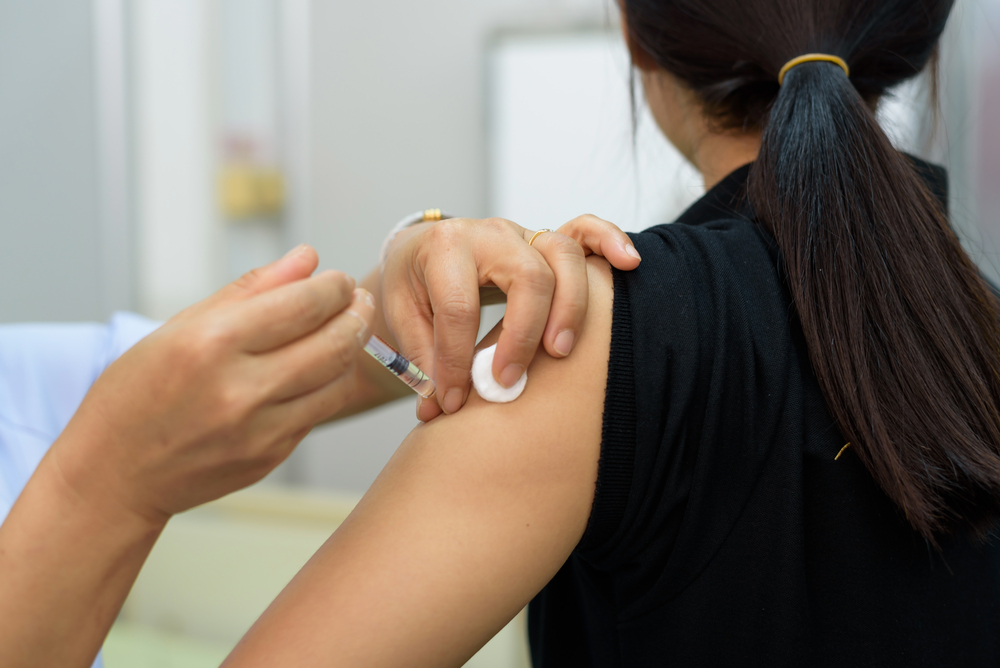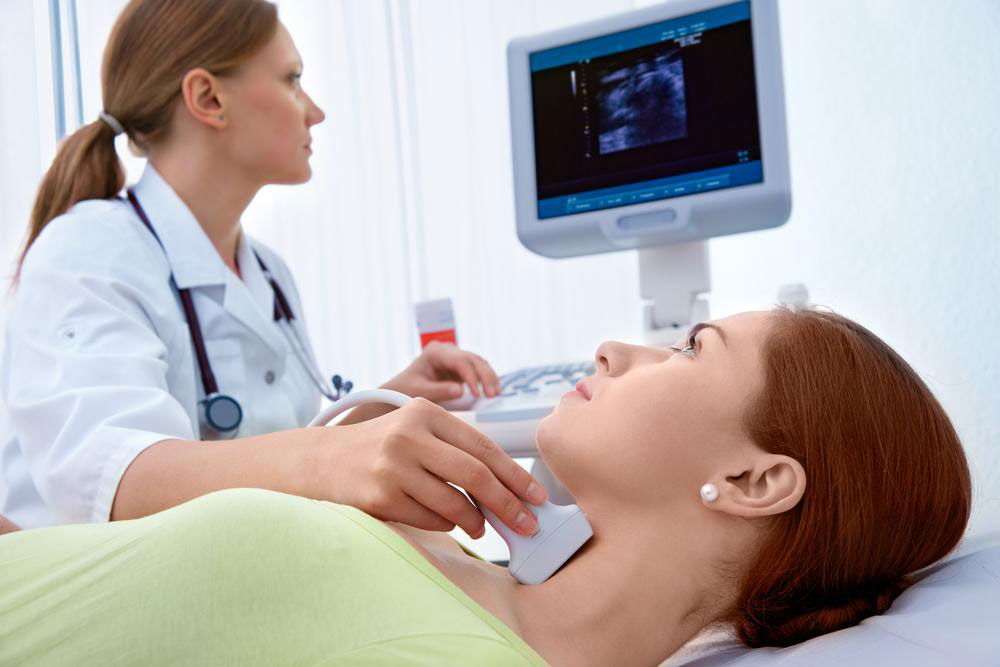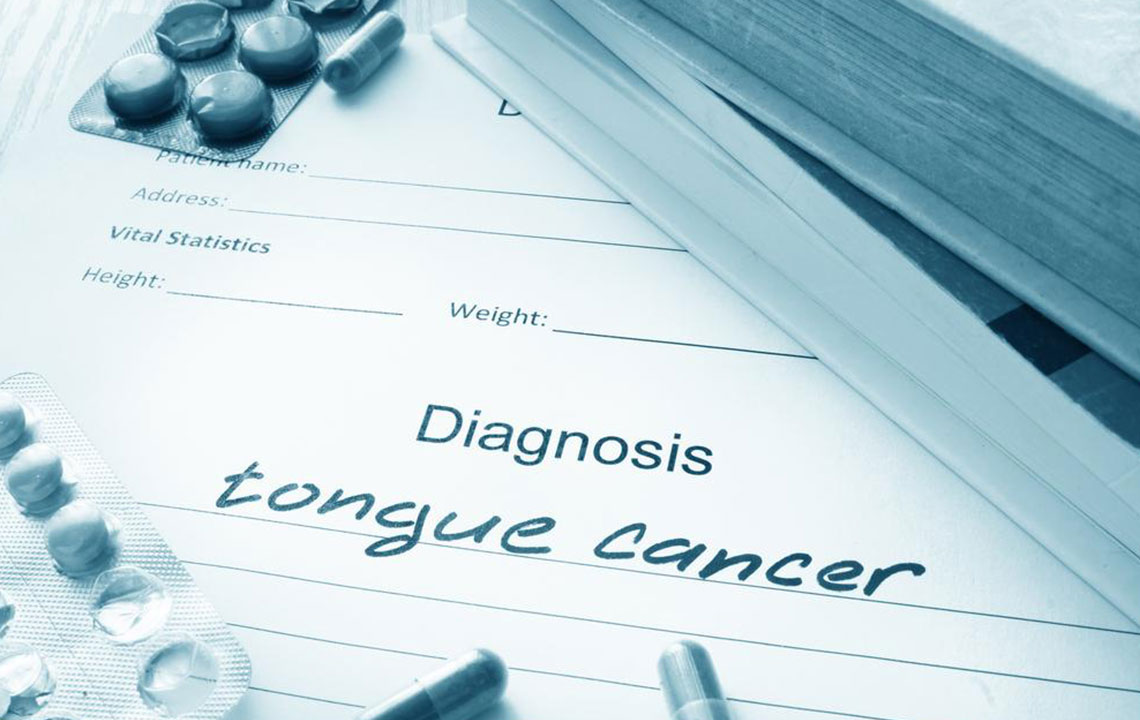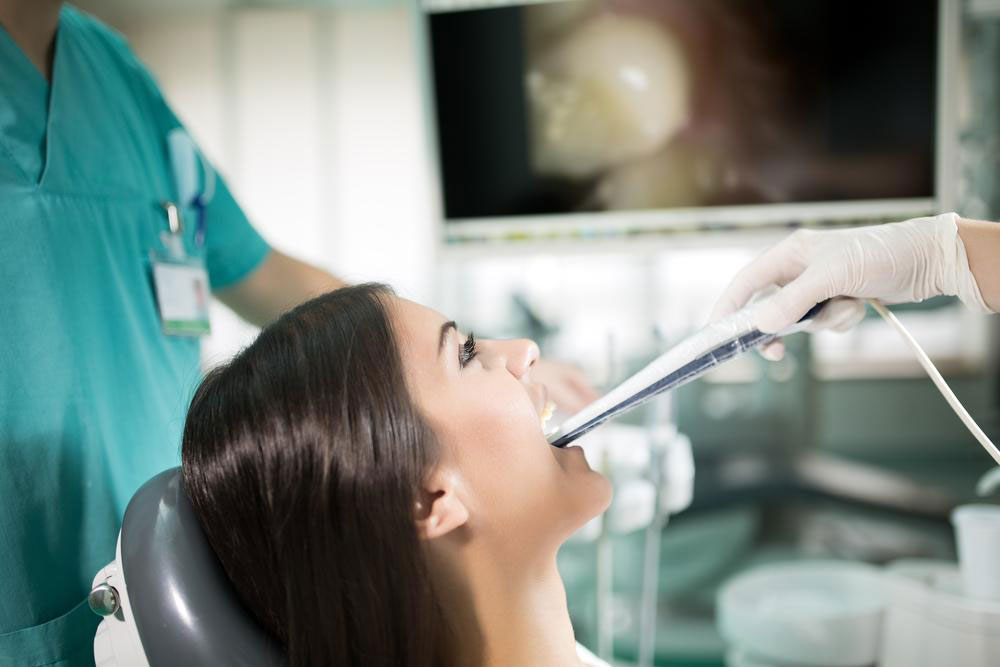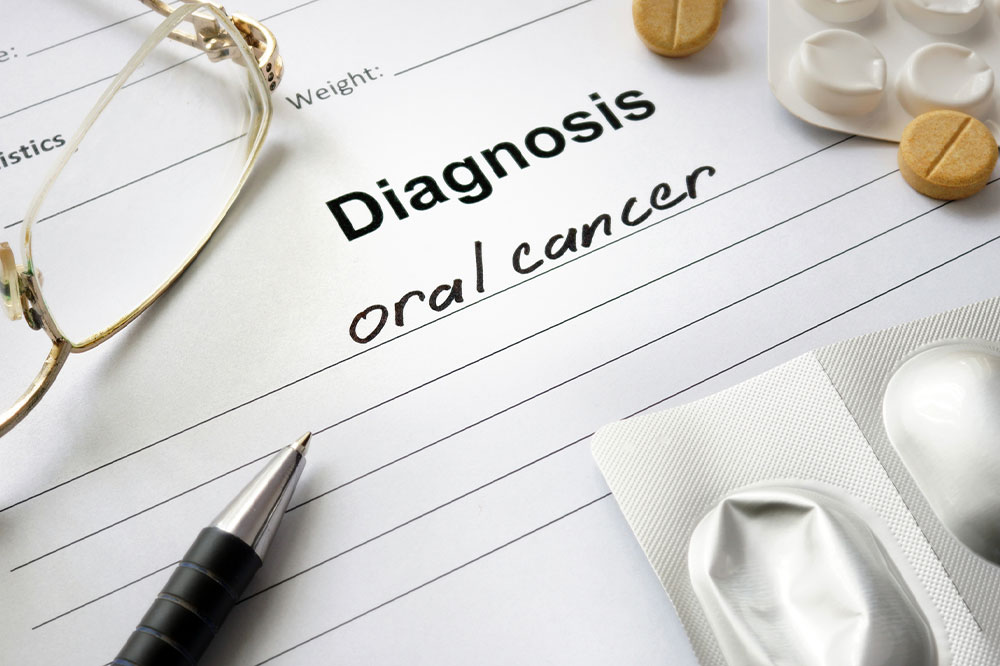Understanding HPV-Related Cancers: Risks and Prevention
This article provides an insightful overview of HPV-related cancers, including how the virus spreads, associated health risks, key cancer types like cervical and oral cancers, and prevention strategies such as vaccination and early treatment options. It emphasizes the importance of timely medical consultation for managing HPV infections to avoid escalation into malignancies.

Understanding HPV-Related Cancers: Risks and Prevention
Human papillomavirus (HPV) is transmitted through skin contact, making it the most prevalent sexually transmitted infection globally, with over 150 types identified. Many individuals infected with HPV show no symptoms, but some strains cause skin warts, while others may lead to precancerous changes that can develop into cancer if left untreated. Most infections resolve spontaneously, but persistent high-risk HPV strains can cause long-term health issues, including various cancers.
HPV transmission commonly occurs during oral, anal, or vaginal sex. In women, genital HPV can result in cancerous growths inside or outside the vagina, while in men, it can affect the penile and anal regions. High-risk strains like HPV-16 and HPV-18 are linked to the development of cancers, although some low-risk types such as HPV 6 and 11 mainly cause benign warts.
Most healthy immune systems clear HPV infections without issues. However, persistent high-risk HPV strains can lead to long-term changes, potentially resulting in precancerous lesions and malignancies.
Types of Cancers Linked to HPV
Oral Cancers can develop in the mouth, tongue, or oropharynx—the middle throat region including tonsils and voice box. Changes in sexual habits may increase risk for both men and women.
Cervical Cancer remains the most common HPV-associated cancer, with approximately 70% caused by HPV-16 and HPV-18. Smoking can further heighten the risk by impairing immune response.
Treatment and Prevention provides vaccines that significantly lower the chance of developing HPV-related cancers, although they don't treat existing infections. When precancerous conditions or warts are diagnosed, treatments include:
Cryotherapy (freezing techniques)
Surgical removal
Topical medicated creams for genital warts
Electrosurgery using electric currents to excise abnormal tissue
It’s essential to consult healthcare providers promptly upon noticing symptoms to prevent progression into cancer.

